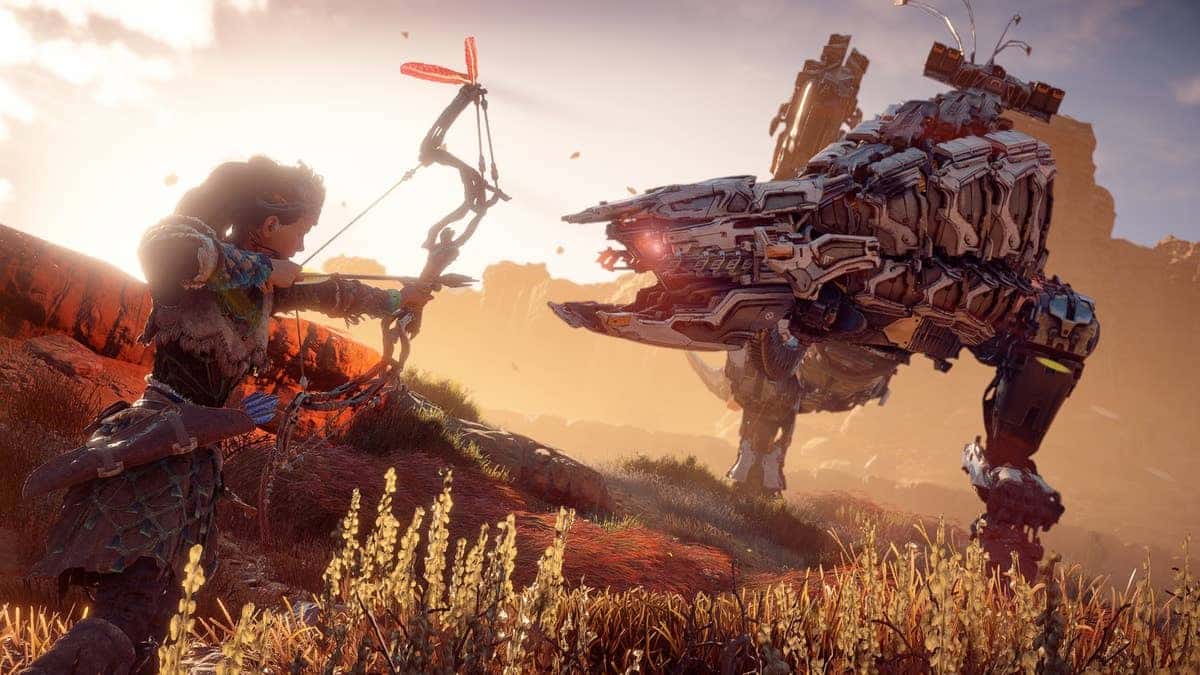Video Gamer is reader-supported. When you buy through links on our site, we may earn an affiliate commission. Prices subject to change.
Elden Ring: Shadow of the Erdtree saw an anticlimactic ending that many fans have criticised. In the 100, maybe 200, hours you would have spent earning an audience with Radahn, Consort of Miquella, the battle quickly ends and your journey is over. It goes beyond just the expansion’s finale though.

“Not only the ending, it’s the whole DLC,” some have said. Despite VideoGamer’s glowing , I’ve been trying to decide for myself what I think of the ending. From a studio that has provided us with the fantastical miasmic ending of Bloodborne, or the full-circle finish to the Dark Souls series, it’s no doubt that Shadow’s ending doesn’t hit the same notes as others.
Despite the uncovering of lore surrounding Marika, Mohg, and the newly introduced Messmer, there are often times when the game feels like Elden Ring for Elden Ring’s sake. Even though the occurring events make sense contextually within the Land of Shadow and the Lands Between, the main issue is purpose. Why are we being made to experience this story? Aside from the reality that it’s an expansion designed to sell, the ending fails to close off the narrative with anything more more than just rewarding gameplay, and that’s why it’s considered to fail in terms of a purpose.
“Where is the presentation,” asks one in a . On the contrary, there’s a whole argument against all of that. One that I think echoes the heart and fibre of From Software’s games.
The design philosophy of Souls games is one that is inherently antithetical. Demon’s Souls was born out of resistance to The Elder Scrolls: Oblivion, which was a fantasy RPG with questing the main driver of progress. To make Demon’s Souls work, totally subverted the typical storytelling narrative expected of a fantasy adventure.
Instead of linear quests, dialogue, and structured storytelling, Demon’s Souls and further games weave interlocking worlds and environment into a gameplay structure that is still totally unique. Souls games are inherently antithetical to any predefined structure and this is thanks to a clear purpose – to be anti-spectacle. If you were expecting to play a game with cinematic cutscenes, plot-twists, and Michael Bay denouements, then Elden Ring is not the game for you.
From Software’s worlds are not designed to bestow upon you shallow rewards, but instead it’s laid out so that your own battle with difficulty and strategy is the ultimate reward. For me, Souls games end the moment that the final boss’ health bar finally hits zero. That same afore-mentioned Reddit thread hints at Elden Ring’s meta-narrative pretty well.
“We fight and kill every single Demi-God we come across without question,” and that’s the way Souls games have been since they were first conceptualised. If you go beyond that and ascribe real agency to the protagonists, you lose the essence of the genre entirely. A cold, hard ending is the only real way to finish Elden Ring.
Amaar loves retro hardware and boring games with more words than action. So, he writes about them daily. By subscribing, you agree to our and may receive occasional deal communications; you can unsubscribe anytime.
.



















